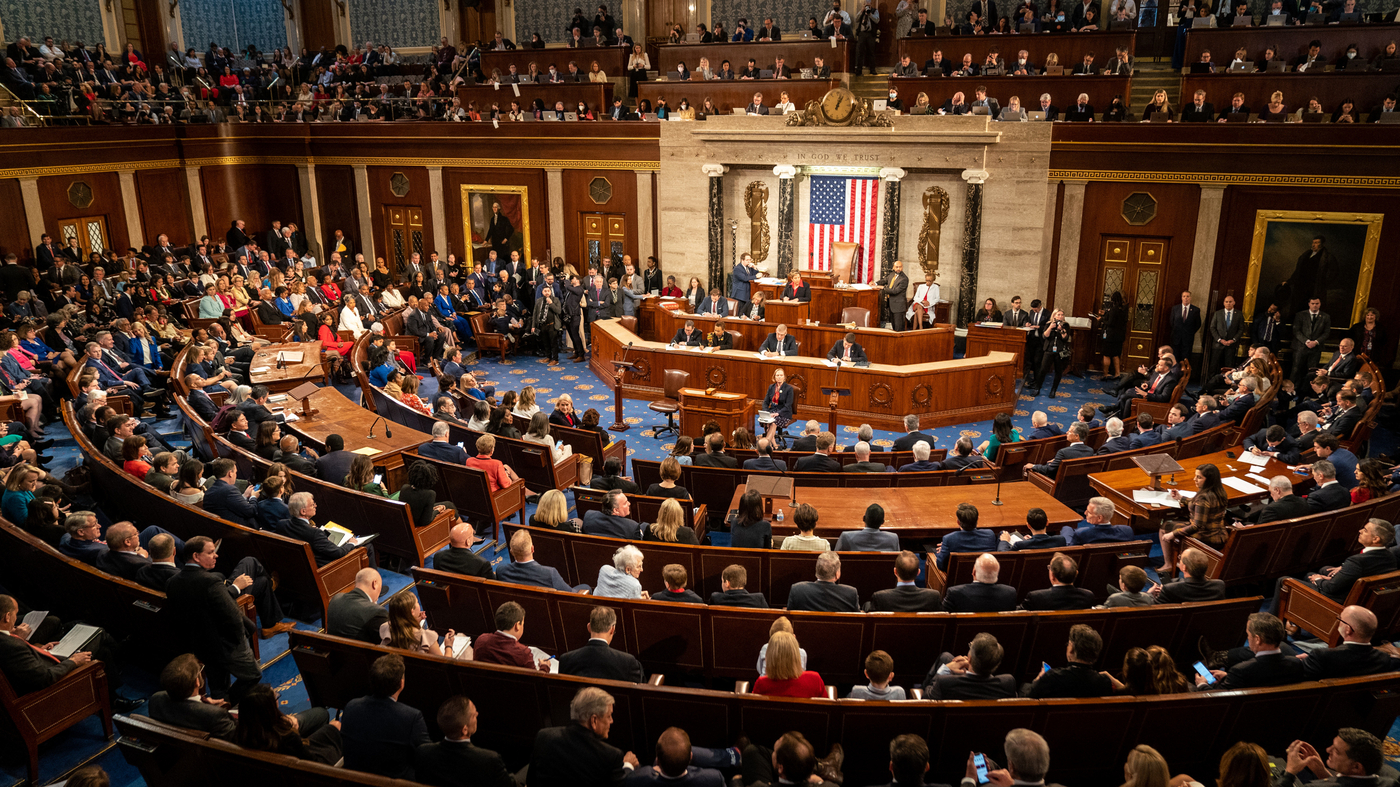Kim DelPizzo
- Home Page 257

WOCR 89.1
This content is accessible to paid subscribers. To view it please enter your password below or send mike@standardsmichigan.com a request for subscription details.
Climate Science: What Does it Say?
Starting soon! https://t.co/JL03EIEMqo pic.twitter.com/Ttpp4TA8jr
— Wendy Bohon, PhD 🌏 (@DrWendyRocks) December 28, 2023
Zuleika Dobson
“She was one of those who are born to make chaos cosmic.”
“Only mediocrity can be trusted to be always at its best. Genius must always have lapses proportionate to its triumphs.”
“I could no more marry a man about whom I could not make a fool of myself than I could marry one who made a fool of himself about me. Else had I long ceased to be a spinster.”
“History repeats itself. Historians repeat each other.”
“One is taught to refrain from irony, because mankind does tend to take it literally.”
“He was too much concerned with his own perfection ever to think of admiring any one else.”
“You will find that the woman who is really kind to dogs is always one who has failed to inspire sympathy in men. For the attractive woman, dogs are mere dumb and restless brutes—possibly dangerous, certainly soulless. Yet will coquetry teach her to caress any dog in the presence of a man enslaved by her.”
“She remembered having read that all the greatest men in history had been of less than the middle height.”
“You cannot make a man by standing a sheep on its hind-legs. But by standing a flock of sheep in that position you can make a crowd of men. If man were not a gregarious animal, the world might have achieved, by this time, some real progress towards civilisation. Segregate him, and he is no fool. But let him loose among his fellows, and he is lost—he becomes just an unit in unreason.”
Smith-Hughes Act
This content is accessible to paid subscribers. To view it please enter your password below or send mike@standardsmichigan.com a request for subscription details.
Family
This content is accessible to paid subscribers. To view it please enter your password below or send mike@standardsmichigan.com a request for subscription details.
Flooding
This content is accessible to paid subscribers. To view it please enter your password below or send mike@standardsmichigan.com a request for subscription details.
Civil War or Divorce? Red State Secession
This content is accessible to paid subscribers. To view it please enter your password below or send mike@standardsmichigan.com a request for subscription details.
New update alert! The 2022 update to the Trademark Assignment Dataset is now available online. Find 1.29 million trademark assignments, involving 2.28 million unique trademark properties issued by the USPTO between March 1952 and January 2023: https://t.co/njrDAbSpwB pic.twitter.com/GkAXrHoQ9T
— USPTO (@uspto) July 13, 2023
Standards Michigan Group, LLC
2723 South State Street | Suite 150
Ann Arbor, MI 48104 USA
888-746-3670














